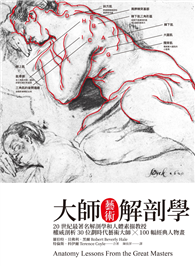In the context of global gender inequality, Egypt ranks 129th on the Gender Equality Index. Women in Egypt thus contend with deeply ingrained gender disparities, positioning them as second-class citizens. This patriarchal framework, heavily influenced by interpretations of Sharia Islam, historically suppresses and exploits women.
In Recovering Women’s Voices: Islam, Citizenship, and Patriarchy in Egypt author Reham ElMorally draws upon Sylvia Walby’s Six Structures of Patriarchy, tailored for the Egyptian context, to dissect how this patriarchal construct has historically suppressed and exploited women. The work begins with an exploration of feminism, identity, and the evolving status of women in Egypt from the 19th to the 20th century. The discussion then moves to the codification of the dehumanization of Egyptian women, examining legal and societal frameworks. ElMorally’s analysis examines how religion and class establish patriarchal bargains, followed by an exploration of the hijab’s significance in negotiating patriarchal dynamics in both urban and rural contexts. The work also investigates the influence of religious interpretation, comparing Sufi Islam and Sunni Islam, on women’s roles and status in Egyptian society.
In a world where the fight for gender equality transcends borders, this exploration serves as a crucial source of insight into the lived experiences and realities of women, offering valuable insights for scholars across disciplines such as gender studies, women’s studies, sociology, political science, religious studies, and Middle Eastern studies.











